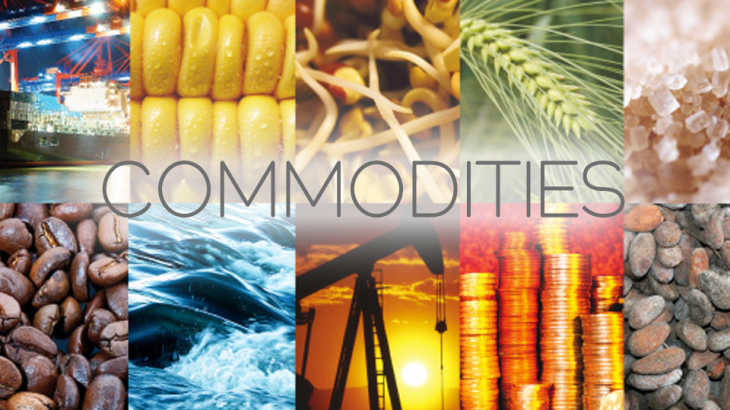- Nigeria, Others Need Commodity-price Surge to Avert Debt Crunch –IMF
The sub-Saharan Africa faces a potential debt crunch unless commodity prices improve and boost the pace of economic growth, the International Monetary Fund has said.
The Washington-based Fund said the region’s median government debt level would probably exceed 50 per cent of the Gross Domestic Product this year from 34 per cent in 2013, while the cost of servicing the liabilities would average almost 10 per cent compared with half of that four years ago, Bloomberg reported.
There have been no investment-grade dollar-debt issuers in sub-Saharan Africa after Moody’s Investors Service and Fitch Ratings Limited cut Namibia to junk this year.
Commodity returns have dropped in six of the past seven years and expectations for slower growth in China, the biggest consumer, don’t bode well for African nations that depend on mining, crops and oil for the bulk of their income.
The IMF had said in October that the region’s growth might average 2.6 per cent this year, almost double 2016’s level but barely above population expansion, with delays in making policy changes risking this.
“Rising debt levels present a major risk to progress in sub-Saharan Africa, especially if there is another major shock in the global commodity market and if African markets are still in a recovery stage in the economic cycle,” a London-based economic-research head at Ecobank Transnational Incorporated, Gaimin Nonyane, said.
The Federal Government of Nigeria’s debt-sale plans would more than double its outstanding dollar bonds to about $9bn.
That would add to issuances by South Africa, Ghana, Senegal, Ivory Coast and Gabon.
The Fund said policy uncertainty in South Africa and Nigeria, the region’s biggest economies, were restraining growth, with the IMF reducing their 2017 expansion forecasts to below one per cent for the two nations.
In Kenya, the central bank said the nation couldn’t continue its current debt build-up path if it would remain sustainable.
Authorities are also negotiating with the IMF to rollover a standby facility of $1.5bn.
The number of sub-Saharan African countries in or at risk of debt distress almost doubled to 12 over the past four years, while Mozambique – which defaulted this year – is among those engaging creditors to restructure debt.
Gabon, Ghana and Zambia are most susceptible to the risk of financing stress given large Eurobond maturities in the next decade, according to Moody’s, which said sub-Saharan Africa sovereign downgrades outnumbered upgrades 20 to two since 2015.
“We don’t envisage a debt crisis, but it’s clearly a risk for a handful of countries,” a London-based economist at Capital Economics, William Jackson, said by phone.
With no long track record of repaying international bonds, it will be a test for nations like Ghana, scheduled to make a principal payment of $2.75bn through 2026, Moody’s said in a report last month.
Gabon owes $2.2bn by 2025, and Zambia $3bn from 2022 to 2027.
“Because the payments are too large, these economies will be very sensitive to any change in external financing conditions,” Jackson said.
“If commodity prices fall, or capital inflows to emerging markets are low, then these countries will struggle to roll over these debts. They may then need to pay higher interest rates or suffer from weaker currencies.”


 Naira4 weeks ago
Naira4 weeks ago
 Naira4 weeks ago
Naira4 weeks ago
 Travel4 weeks ago
Travel4 weeks ago
 Naira3 weeks ago
Naira3 weeks ago
 Jobs4 weeks ago
Jobs4 weeks ago
 Naira4 weeks ago
Naira4 weeks ago
 Investment4 weeks ago
Investment4 weeks ago
 Travel4 weeks ago
Travel4 weeks ago

























